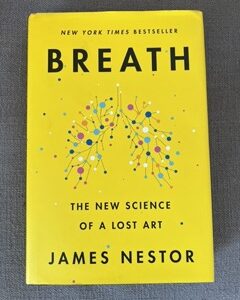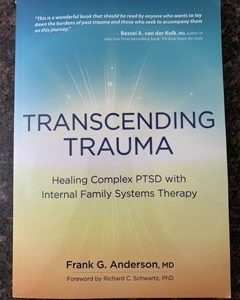Humans are constantly growing, shifting, developing and transforming. This process begins at conception. The development approach is described in terms of a series of crises through which the individual grows and evolves. Each of these crises is due to the conflict between the old self and the new abilities and attitudes that are constantly increasing and expanding. Resolution of conflicts results in the development of a sense of competence with respect to a specific capability. The resolution of conflicts is never perfected during one developmental phase but continues through succeeding stages. Families and cultures are important and integral to development. Societies pay a large role in the progress of an individual through life. From this approach, a series of developmental tasks need to be successfully developed for a child and/or an adult to progress normally in society.
Freud (psychoanalytic), Piaget (cognitive), Erikson (ego psychology), Margaret Mahler (object relations), Kolberg (moral), Jung (analystical psychology), Bowlby (biology), Maslow (Humanism), Carl Rodger (self-actualization), and Skinner (behaviorist/social learning theory) are some of the theorists that created their own developmental models to explain and explore human development. The developmental approach holds that old wounds, issues and current challenges originate from being unable to develop normally through a specific stage. These stages are different based on the theoretical framework that is held by the therapist.
Based on Ashley’s belief that everyone has an innate ability to heal, people are constantly trying to heal unfinished business or old wounds that often formulate during childhood. She uses a development approach to assist a client to explore where a habit, pattern or issue may be created from an earlier time period. This is done while remaining in the ‘here and now.’ Whether a past situation, issue or specific trauma is or is not discussed during a session, Ashley always maintains a developmental perspective.






